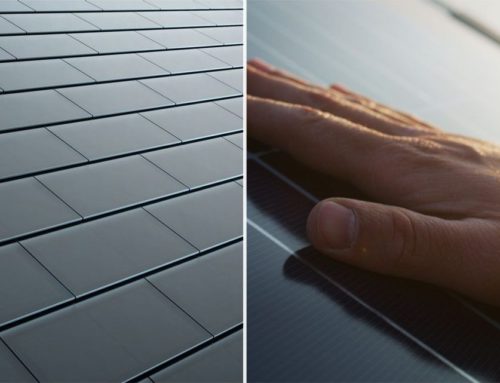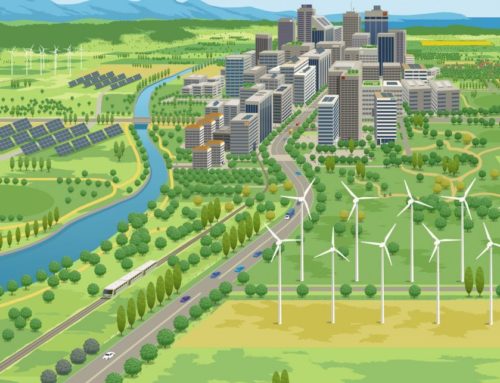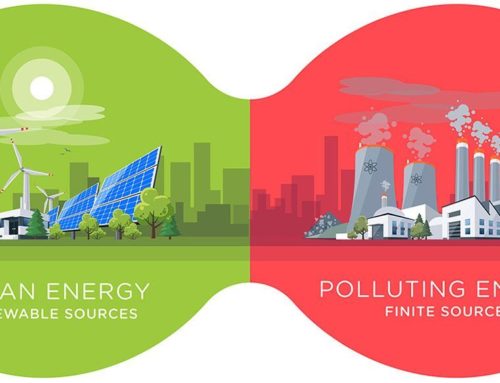Weather patterns have been changing across the United States as we deal with severe thunderstorms, hurricanes, heat waves, freezing temperatures, floods, droughts, and other climate-related anomalies. While all of this has been discussed a lot in the news, a lot of us wonder if there’s something more we can be doing to help with climate change.
Did you know that solar panels help with global warming? If you are considering solar energy for your home, then you can do your part to save the environment. Instead of using fossil fuels, you can harness energy from the sun, which is much better for the earth. Learn more about the relationship between solar power and global warming.
The Problem with Fossil Fuels
We get most of our energy by burning coal and other fossil fuels. This process emits carbon dioxide, a greenhouse gas. Once it reaches the atmosphere, it stays there for thousands of years. This trapped carbon dioxide adds extra heat to the global system, which then changes the climate.
Current oil supplies are only expected to last until 2050. Once the United States runs out of oil, we will need to use alternative sources of energy.
How Solar Panels Help with Global Warming
This is where solar panels come in. When it comes to solar panels and climate change, the sun offers a clean form of energy. It does not release any emissions as it generates electricity. While some emissions are released while manufacturing, installing, maintaining, and dismantling solar energy systems, the amount is very small compared to the emissions created by coal, oil, and natural gas.
Overall, solar energy reduces our carbon footprint. It generates power while giving off zero emissions. A solar panel system in your home reduces the need to rely on conventional utilities. For each kilowatt installed, you lower your home’s carbon footprint by more than 3,000 pounds every year.
This goes a long way in helping to reduce climate change. Switching to solar can make a huge difference, and this isn’t the only benefit either.
Benefits of Solar Panels
The connection between solar panels and climate change goes deeper as well. In addition to reducing our carbon footprint and decreasing our dependence on fossil fuels, solar panels offer the following environmental benefits:
- Reduces air pollution. Coal, oil, and natural gas involve mining and combustion. This releases greenhouse gases into the atmosphere, which increases air pollution and leads to climate change. Solar panels rely only on the sun, so no fossil fuels are needed, which reduces air pollution.
- Reduces water pollution. Power plants cause water pollution. Solar cells, on the other hand, don’t require water to generate electricity, leading to a reduction in water pollution.
- Reduces hazardous waste. Coal plants release a lot of waste and pollutants into the air. The waste is dumped in landfills and abandoned mines, which is unhealthy for those who live nearby. These pollutants are released into the air, which is dangerous for the environment.
- Takes advantage of renewable resources. The sun is the most abundant energy source, with enough energy to power the entire world. Solar energy is renewable, clean, and easy to access. Plus, it doesn’t cause damage to the environment.
- Improves health. Cleaner air is better for humans. It means healthier lungs, which means that solar energy could save the lives of more than 25,000 people in the future.
- Reduces climate change. Releasing carbon dioxide into the air threatens the air quality. Carbon retains the heat from the sun, which can impact various climates. It can cause some to get colder or make others hotter. It can also cause volatile weather patterns, like sudden snowstorms and hurricanes. Solar panels help with global warming by preventing this from happening. They help reduce emissions of carbon dioxide and other pollutants.
Request a Quote Today
Now that you know how to help climate change with solar panels, why not consider some for your home? They can help the environment while saving you money. For a quote in Utah or Colorado, contact Smart Wave Solar today. We can answer any questions you may have about the process.





